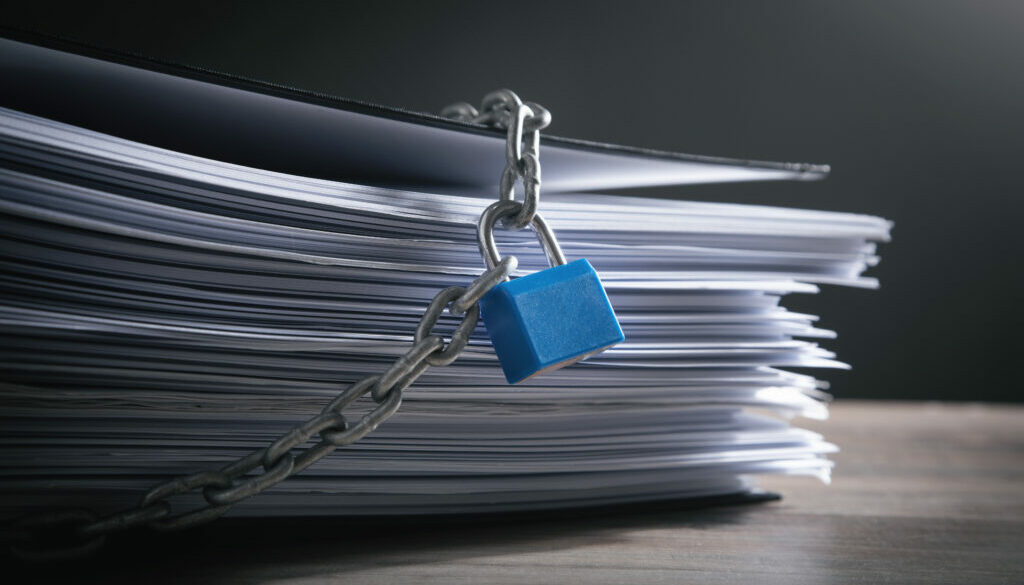Managing money doesn’t have to be complicated. In fact, the most powerful financial habits are often the simplest. Building strong routines around everyday spending, saving, and tracking can completely transform your financial life. It’s not about dramatic overhauls—it’s about mastering the daily money basics that form the foundation of financial stability.
From your morning coffee to your monthly rent, every financial decision you make adds up. Here’s how to take charge of your everyday finances with confidence and clarity.
1. Track Every Dollar
The first rule of mastering daily money basics is awareness. You can’t manage what you don’t measure.
Start by tracking every single expense for a week—yes, even that $1.50 bottle of water or spontaneous snack run. Use apps like Mint, PocketGuard, or even a good old-fashioned notebook. Categorize your spending into needs, wants, and savings. This simple exercise reveals patterns that might surprise you—and helps you spot leaks in your budget.
Clarity is the first step to control.
2. Create a Realistic Budget
A good budget isn’t restrictive—it’s freeing. When done right, it gives you the confidence to spend without guilt and save with purpose.
The 50/30/20 method is a solid place to start:
- 50% of your income goes to necessities like housing, groceries, and bills.
- 30% goes to wants like entertainment, dining out, or hobbies.
- 20% goes to savings and debt repayment.
Customize these percentages based on your lifestyle. The point is to give every dollar a job. That’s how you stay in charge of your money instead of wondering where it went. This habit is at the heart of daily money basics.
3. Automate Everything You Can
Life gets busy, but automation keeps your finances on track.
Set up automatic transfers to your savings account as soon as you get paid. Automate bill payments to avoid late fees. Schedule credit card payments to maintain a healthy credit score. Even small recurring savings—like $10 a week—build up quickly over time.
Automation is your silent partner in financial success. It’s efficient, consistent, and stress-reducing. It also ensures your daily money basics run like a well-oiled machine.
4. Build a Buffer (a.k.a. Emergency Fund)
Unexpected expenses happen. Flat tires, medical bills, last-minute repairs—they never arrive with a warning.
That’s why every daily financial routine should include contributing to an emergency fund. Aim for at least $500 to start, then build toward three to six months of living expenses.
Think of it as a financial cushion between you and life’s curveballs. This is one of the most practical applications of daily money basics—because nothing wrecks your budget faster than an unplanned emergency.
5. Ditch the Daily Drains
It’s easy to underestimate the impact of small, frequent expenses.
That morning coffee, app subscriptions, or delivery fees might seem harmless, but over time, they eat into your budget. Doing a subscription audit once a month helps eliminate what you no longer use.
Make mindful spending a daily habit. Ask yourself: “Do I need this or just want it right now?” Shifting this internal dialogue helps align your spending with your goals—an essential principle in mastering daily money basics.
6. Use Cash or Debit for Discretionary Spending
Swiping a card feels painless—but that’s exactly why it’s dangerous.
Try using cash or your debit card for non-essential purchases. When you physically see your money leaving your hands (or your account), you become more intentional about how you spend it.
This tactile connection to money is often missing in the digital age, yet it’s a powerful tool in managing daily money basics.
7. Set Micro Financial Goals
Not every goal needs to be massive like buying a home or retiring early.
Daily and weekly micro-goals keep you motivated. Challenge yourself to spend nothing for one day a week. Try packing lunch for five workdays in a row. Save every $5 bill you receive. Small wins create momentum—and progress is addicting.
These tiny, achievable goals reinforce the core of daily money basics: consistency over perfection.
8. Review and Reflect Weekly
Financial wellness isn’t just about what you do—it’s about checking in regularly.
Spend 15 minutes every weekend reviewing your budget, checking your bank balance, and adjusting for the week ahead. Look back at what worked, what didn’t, and how you felt about your money decisions.
This reflection sharpens your habits and helps you make better choices moving forward. Think of it as your weekly tune-up for your financial engine.
9. Celebrate Progress (Yes, Even the Small Stuff)
Acknowledging milestones—no matter how small—keeps you motivated. Paid off a credit card? Saved your first $100? Stuck to your budget all month?
Celebrate. It reinforces good behavior and makes your financial journey feel rewarding rather than restrictive.
Joy is an underrated part of daily money basics—and it’s essential to making the process sustainable.
Final Thoughts
You don’t need to be an accountant or a financial expert to manage your money like a pro. You just need consistency, awareness, and a willingness to start small.
The beauty of mastering daily money basics is that they create a ripple effect. One small decision—like tracking your coffee spending—can lead to big changes in the way you handle all your finances.
When your daily habits align with your financial goals, the results are powerful. Stability. Freedom. Confidence. And the ability to use your money as a tool for the life you truly want.

